Category: Fungi
-
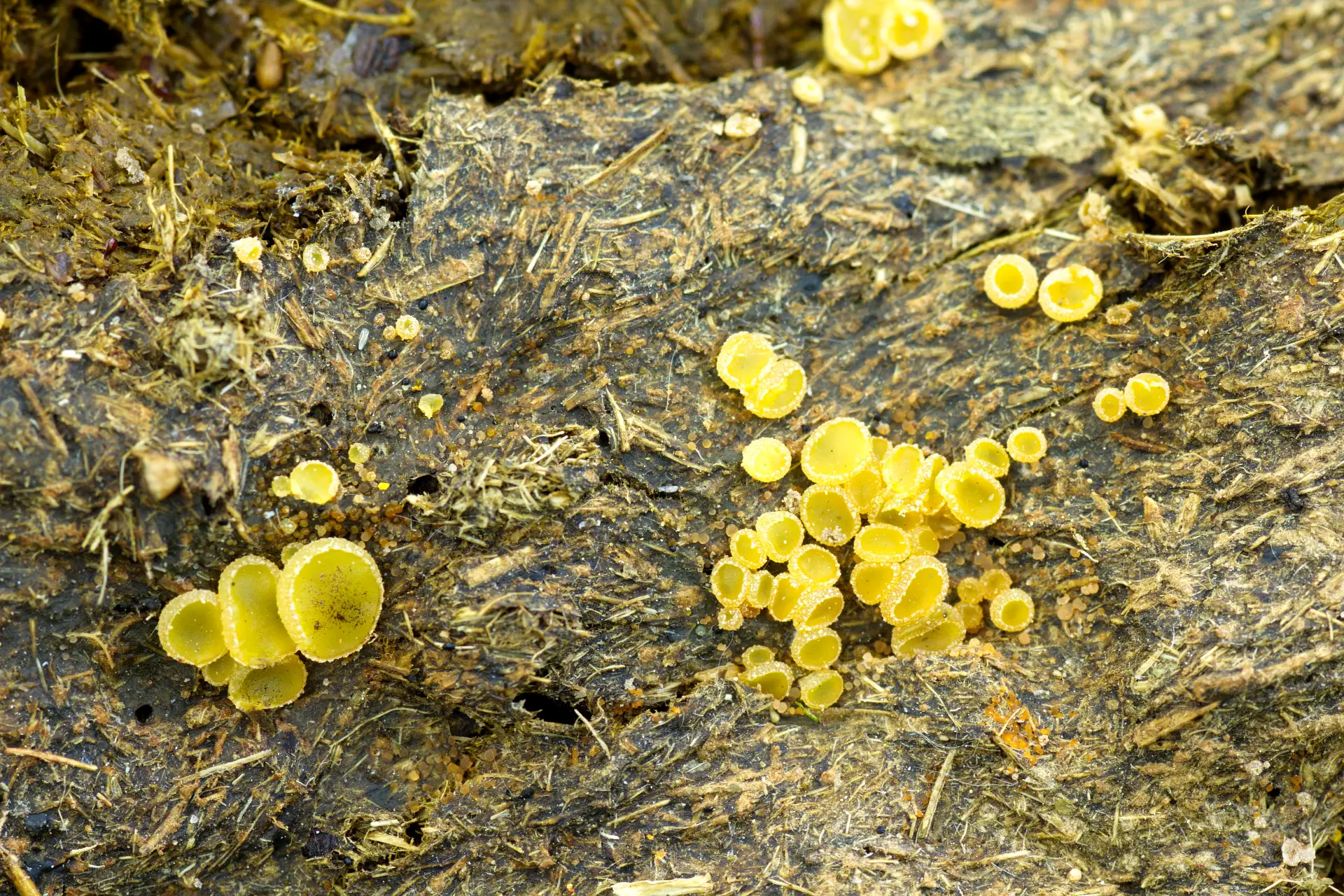
ASCOBOLUS
ASCOBOLUS CLASSIFICATION OF ASCOBOLUS Kingdom :- Mycota Division :- Eumycota Sub-division :- Ascomycotina Class :- Discomycetes Order :- Pezizales Family :- Pezizaceae Genus :- Ascobolus Ascobolus are seen growing on dung and on decaying wood, in damp places in rainy season. STUDY OF VEGETATIVE STRUCTURE SEXUAL REPRODUCTIVE STRUCTURES ASCOCARP, ASCI AND ASCOSPORES IDENTIFICATION REFERENCES
-
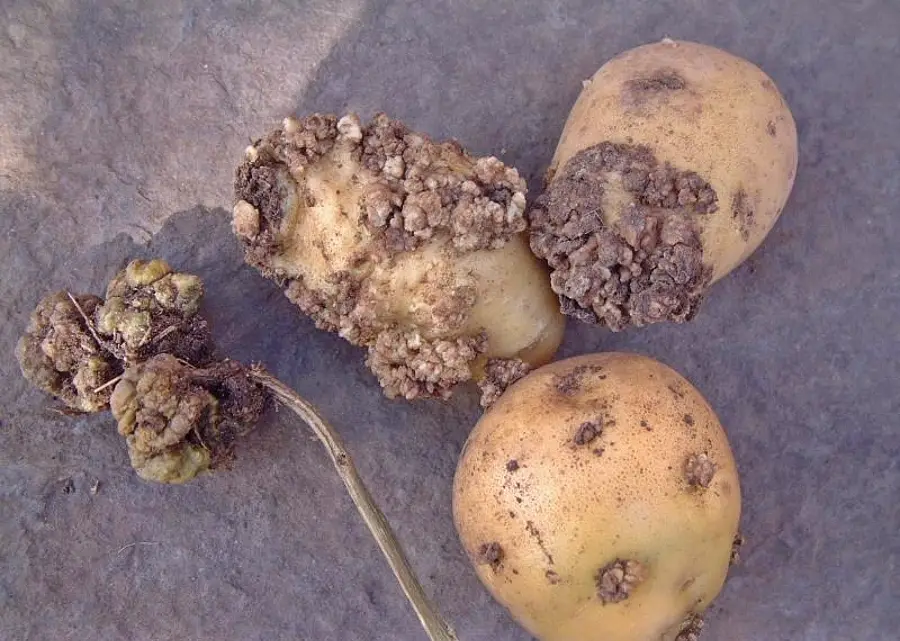
SYNCHYTRIUM
SYNCHYTRIUM CLASSIFICATION OF SYNCHYTRIUM Kingdom :- Fungi Division :- Eumycota Sub-division :- Mastigomycotina Class :- Chytridiomycetes Order :- Chytridiales Family :- Synchytriaceae Genus :- Synchytrium GENERAL CHARATERSTICS OF SYNCHYTRIUM STUDY OF THALLUS OF SYNCHYTRIUM STUDY OF ASEXUAL REPRODUCTIVE STRUCTURES OF SYNCHYTRIUM STUDY OF SEXUAL REPRODUCTIVE STRUCTURES OF SYNCHYTRIUM IDENTIFICATION REFERENCES
-
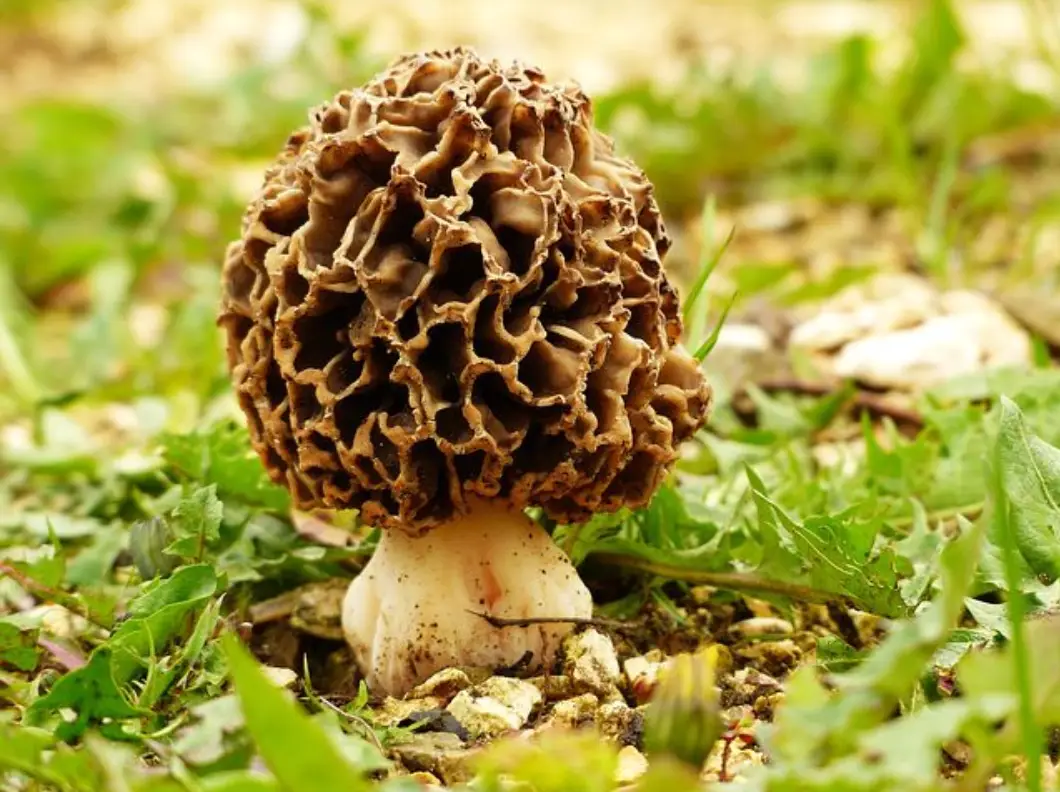
FUNGI – DEFINITION, CHARACTERISTICS, CLASSIFICATION
The term ‘Fungi’ is used for those plants which lack chlorophyll and are, therefore, heterotrophic. Being the members of Thallophyta, their plant body is simple and is not differentiated into root, stem and leaves. The branch that deals with fungi is known as ‘Mycology’. It included the study of mushrooms only to begin with. The credit for…
-
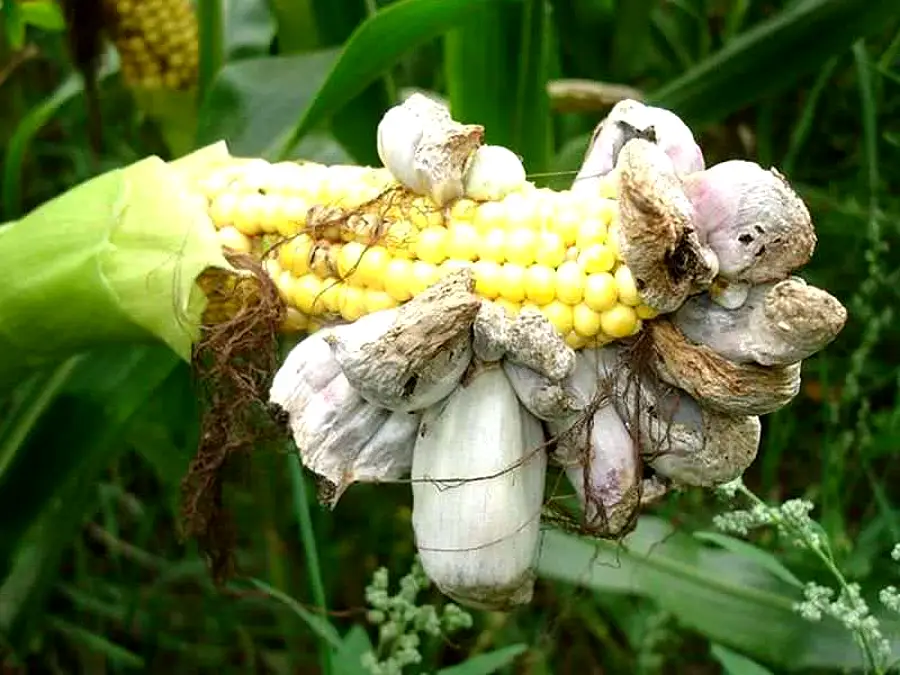
USTILAGO (SMUTS)
CLASSIFICATION OF USTILAGO (SMUTS) Kingdom :- Mycota Division :- Eumycota Sub-division :- Basidiomycotina Class :- Teliomycetes Order :- Ustilaginales Family :- Ustilaginaceae Genus :- Ustilago The fungus Ustilago parasitizes mostly the cultivated grasses as wheat, barley, oat, sugarcane, etc. grown in crop fields. Cynodon dactylon, another host, occurs wild in shades, also as a weed on boundaries of fields and is very common grass in lawns. STUDY OF…
-
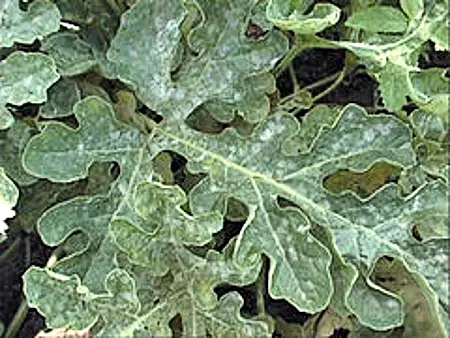
SPHAEROTHECA
CLASSIFICATION OF SPHAEROTHECA Kingdom :- Mycota Division :- Eumycota Sub-division :- Ascomycotina Class :- Plectomycetes Order :- Erysiphales Family :- Erysiphaceae Genus :- Sphaerotheca The fungus is an ectoparasite on cucurbits like Lagenaria, Luffa and Cucurbita. These plants are seasonal and are grown for their edible parts. The fungus can be easily collected from them during their growth season STUDY OF HOSTS, DISEASES AND SYMPTOMS OF…
-
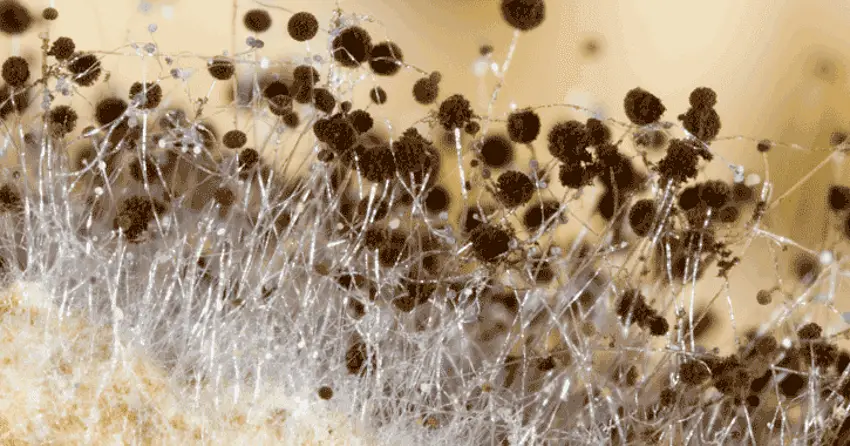
RHIZOPUS (BREAD MOLD)
CLASSIFICATION OF RHIZOPUS (BREAD MOLD) Kingdom :- Mycota Division :- Eumycota Sub-division :- Zygomycotina Class :- Zygomycetes Order :- Mucorales Family :- Mucoraceae Genus :- Rhizopus All the species of Rhizopus are saprophytes, the fungus can be grown on dead organic matter, viz. bread, butter, glycerine, etc., by keeping them in damp and dark conditions. Weak parasitic forms are common on jack fruit and apple which are…
-
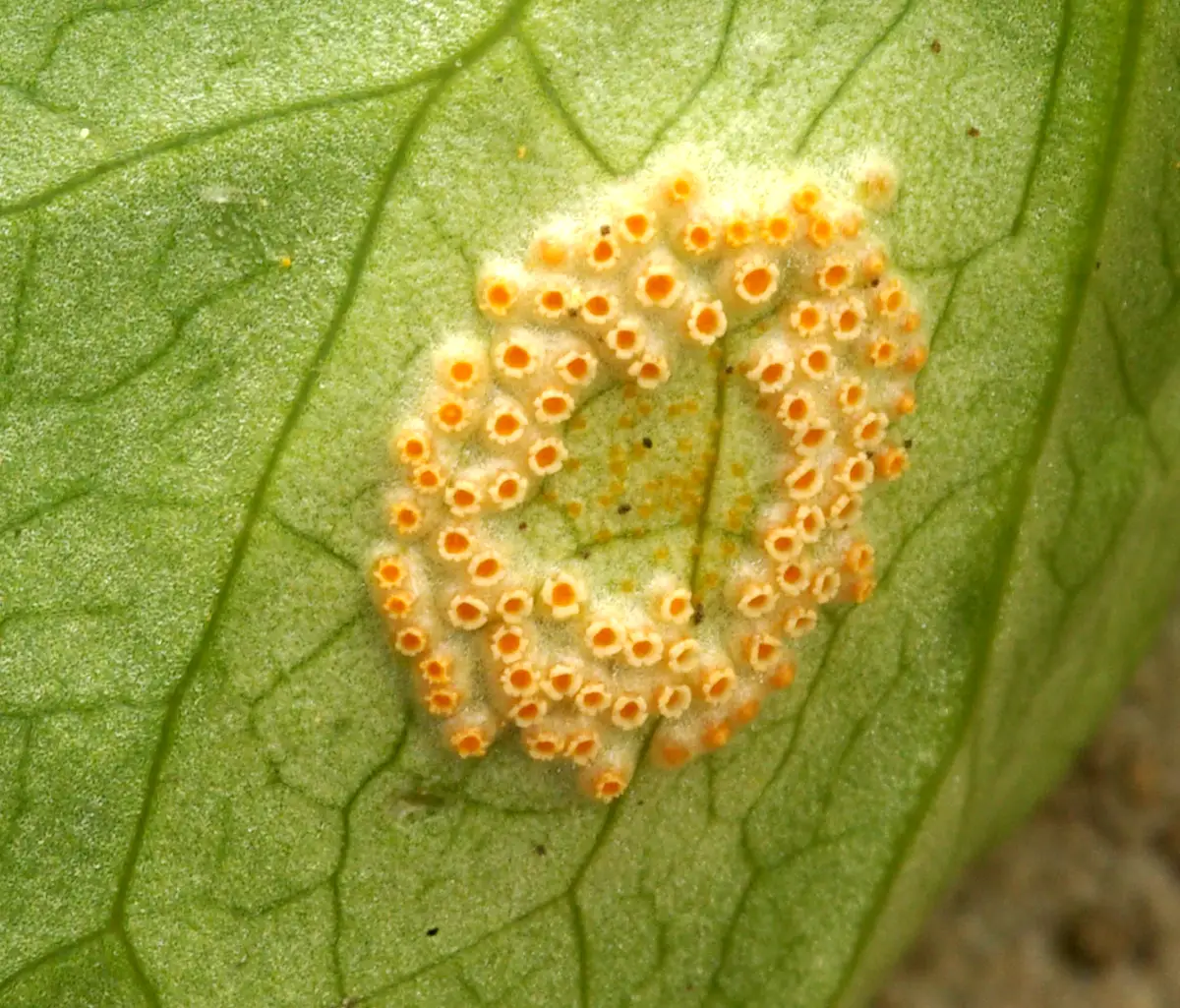
PUCCINIA (RUSTS)
CLASSIFICATION OF PUCCINIA (RUSTS) Kingdom :- Mycota Division :- Eumycota Sub-division :- Basidiomycotina Class :- Teliomycetes Order :- Uredinales Family :- Pucciniaceae Genus :- Puccinia Species of Puccinia are known as Rusts, because the infected parts look like rusted iron. Rusts are known from very ancient times, because of the enormous loss caused by them to the crop. In ancient Rome, cereal rust diseases were thought to…
-
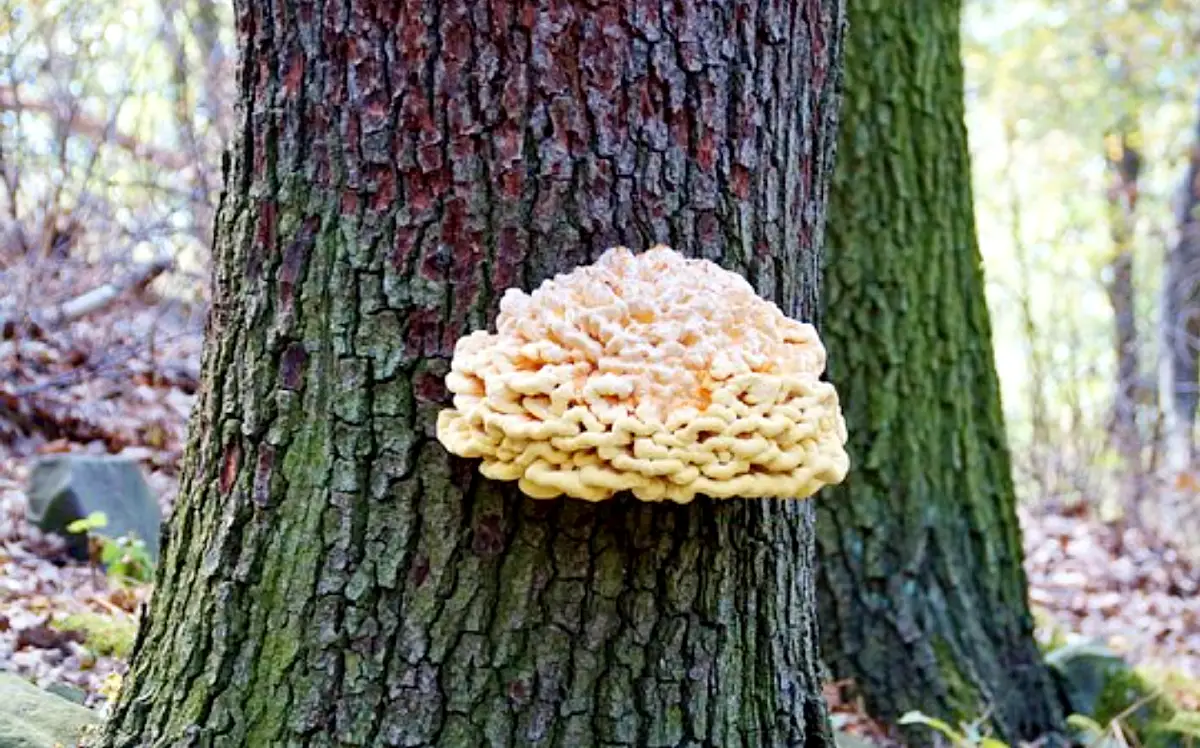
POLYPORUS (BRACKET FUNGUS)
CLASSIFICATION OF POLYPORUS (BRACKET FUNGUS) Kingdom :- Mycota Division :- Eumycota Sub-division :- Basidiomycotina Class :- Hymenomycetes Sub-Class :- Holobasidiomycetidae Order :- Polyporales Family :- Polyporaceae Genus :- Polyporus Polyporus (Bracket fungi) are common on tree trunks or on wood in damp forests. STUDY OF HOSTS AND DISEASES Many species of the genus are destructive parasites and cause disease in forest and other shade trees. Many…
-
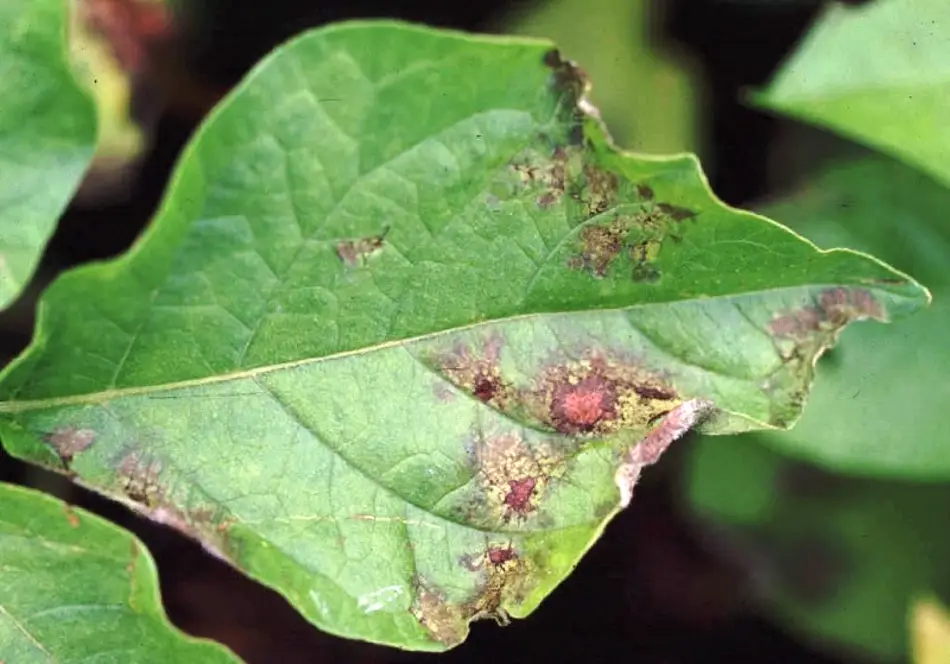
PHYTOPHTHORA
CLASSIFICATION OF PHYTOPHTHORA Kingdom :- Mycota Division :- Eumycota Sub-division :- Mastigomycotina Class :- Oomycetes Order :- Peronosporales Family :- Pythiaceae Genus :- Phytophthora STUDY OF HOSTS, DISEASES AND SYMPTOMS OF PHYTOPHTHORA About 27 species of this genus are found in India. Some are facultative parasites (which live in the soil as saprophytes but develop as parasites in the presence of suitable host), whereas others…
